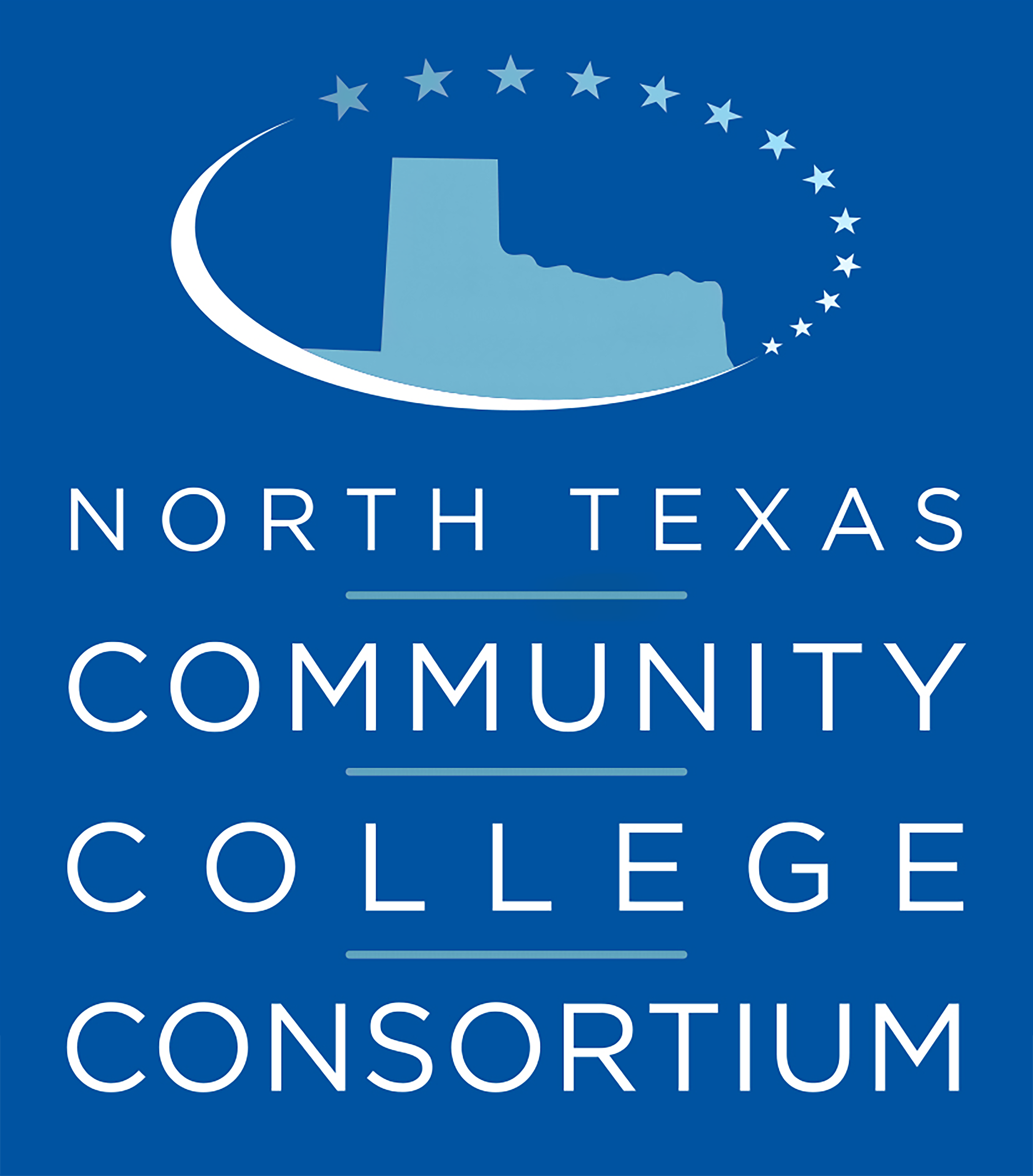Presented at: 2019 Instructional Innovation Conference
What is a Learning Community?
Session Description
Have you ever wondered what exactly a Learning Community looks like at the college level? Now is your chance to learn! We will cover the educational benefits of a learning community, how to collaborate with colleagues to engage students, and how to recruit students to enroll in a learning community.
Session Goals
Presentation Goals: •To inform community college instructors about the value of learning communities in a community college setting. •To educate community college instructors about marketing techniques, recruitment, and engagement of students in a college classroom. •To share methods of course design, teaching pedagogy, and the usefulness of collaborative teaching. •To engage instructors in the current literature on learning communities, the latest tools and technology, and collaborative techniques. Outcomes: •To learn the definition of a learning community •To learn the benefits of a learning community •To learn recruitment ideas to fill the community •To collaborate with colleagues for a shared purpose •To learn ways, through curricular design and use of technology, to support meaningful, inclusive, and accessible learning for all students
Full Description
Have you ever wondered what exactly a Learning Community looks like at the college level? Well, now is your chance to learn! We will cover the educational benefits of a learning community, how to collaborate with colleagues to engage students, how to recruit students to enroll in a learning community, and strategies for designing meaningful, inclusive, and accessible learning not only through course materials, but also through the use of instructional technology. College Professors Lisa Blank, Mary French, and Jinnell Killingsworth Lee from Tarrant County College Trinity River Campus have taught learning communities for almost a decade at the community college level and know the value that it brings to their students. Using a variety of techniques which include collaborative teaching, shared assignments, community engagement, and technological tools—such as wikis, these three professors have transformed the traditional community college learning environment.In this presentation, the three instructors will talk about different aspects of the learning community concept, each providing a glimpse into the unique, creative, learning environment. Mary French, Associate Professor of English, will introduce the presentation with an overview of what learning communities are and discuss the background of learning communities and what scholars have argued are the benefits of learning communities in a college setting. She will also conclude the presentation with a discussion of best practices in curricular design and use of instructional technology to promote meaningful, inclusive, and accessible learning. She will share some examples from past learning communities that are designed to do this, such as course materials, group wikis, webfolios, and other types of collaborative projects. Lisa Blank, Instructor of History, will discuss different marketing strategies to entice students to enroll in learning communities. She will share a brief presentation that advertises her learning community through using graphic novels, engaging magazine articles, and field trips in her classroom. She will highlight ways that participants can create their own marketing plan to entice students to enroll in the learning community. Jinnell Killingsworth Lee, Instructor of Government, will discuss which courses are best to be paired in a learning community and how to design a course. She will explain how instructors should pick a course theme, map out their course syllabus, and plan a list of shared activities. In addition she will discuss grading methods, team teaching, and shared assignments. She also will highlight group projects and involvement of community partners.
French, Mary
Lee, Jinnell Killingsworth
Single Session
10:30am-11:20am
INST 202
